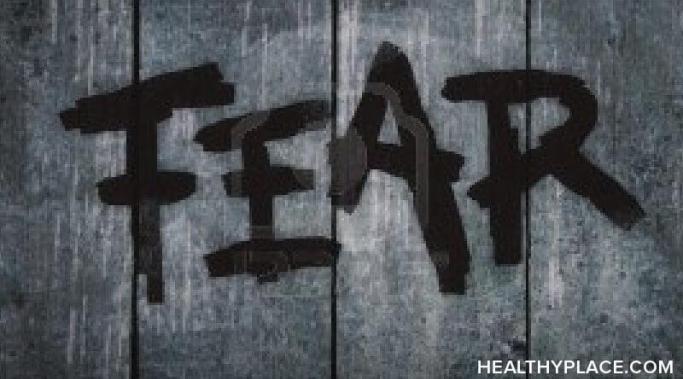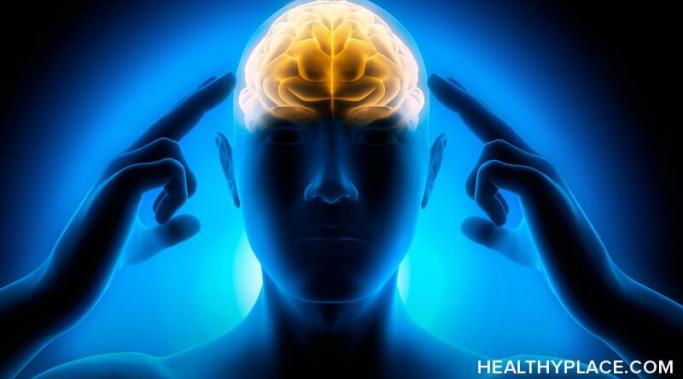It makes sense for anxious people to manage anxiety with food--after all, we’ve all heard the saying “you are what you eat.” When it comes to mental health, knowing foods that help or hurt you is especially important. Partaking in some foods or drinks, such as alcohol, can make us anxious and depressed in the long term. Consuming others, like the ones below, can calm our minds and help manage anxiety with food.
Anxiety Management – Treating Anxiety
Is there a good way to manage anxiety about world events if you're an empath? If you feel like the world is falling apart, you’re not alone. Although empathy is more acutely developed in highly sensitive people, you don't have to be an empath to feel anxious. So it’s pretty easy to feel overwhelmed these days, especially with this week’s tragic incident in Las Vegas. Everywhere we turn, it seems we see endless violence and natural disasters. Managing the anxiety caused by world events takes special skill.
Certain coping skills for women can make a significant difference in anxiety presentation. That’s the takeaway from a new study of 10,000 women that looked at anxiety levels, stressful life circumstances, and self-reports on stress and coping.1 But what do those coping skills for women look like? Are they things we can learn?
Nearly all of us with anxiety disorders have a specific fear or phobia that sends our anxiety into overdrive. For some people, it may be a fear of public speaking. For others, the specific fear or phobia may be the subway or dentist appointments. Whatever it is, the fear sends our hearts racing and this specific fear or phobia makes managing our everyday levels of anxiety that much harder.
We need to rethink yoga. It’s no secret that yoga can effectively reduce anxiety. Yet, the irony is that many people feel intimidated or anxious about trying yoga. Today I have a way you can use yoga to reduce anxiety that anyone can practice and it really speaks to the heart of yoga. And the cool thing is it will get you breathing deeply without having to focus on your breath as you rethink yoga.
Did you know that you can use nature to treat anxiety? But what if you can't get to a beach or national forest? Don't worry, anxiety relief is closer than you think--it can be right in your backyard. Find out how the outdoors can soothe and how you can use nature to treat anxiety daily.
Anxiety is a constant companion that catastrophizes everything and makes even the smallest worries seem insurmountable. So what happens when a major event or trauma arises? How do we manage anxiety levels that – in the face of actual disaster – quickly could become crippling?
I use a tapping tool to calm my anxiety when being mindful of my breath doesn't work. Breathing techniques do often work, and as a yoga instructor, I know they can be powerful tools to calm the nervous system. Yet, through my anxiety journey, I also know there are times when breathing through anxiety just doesn’t work. When breath work doesn’t help, try this tapping tool to calm anxiety.
Irritability and anger can be related to anxiety. When we think of anxiety, most of us think of worry and fear. Occasionally, we may think of compulsions and obsessions, but few of us think of irritability and anger. These last two anxiety symptoms, however, are often just as distressing as the others. In fact, for some people, irritability and anger may be the most troubling symptoms of generalized anxiety disorder (GAD).
Our mind's response to anxiety affects our self-esteem, sense of control, and how we see the world around us. When we experience anxiety symptoms, our feelings and thoughts get so wound up in the body’s stress response that we may want to run. We want to shed this thing that won’t leave us alone. In my own struggle with anxiety, I’ve found a seemingly counterintuitive response to anxiety that helps me shift my experience and reduce anxiety.









